As the semester comes to a close, I wanted to share a little about my favorite books I’ve read since January (some of which I’ve mentioned in previous Novel-teas). I hope that this inspires your summer reading and makes the light at the end of the tunnel that is finals week a bit brighter.
“Breasts and Eggs” by Mieko Kawakami
This is the best book I’ve read this semester and probably my current favorite. “Breasts and Eggs” is a Japanese lit-fic translated by Sam Bett and David Boyd into English. Kawakami’s prose is unmatched, painting a breathtaking portrait of womanhood centered in Japan. It tells the story of Natsu, her older sister, Makiko, and Makiko’s daughter Midoriko as each faces challenges with their identity and establishing their lives. The novel is split into two parts: “Breasts” and “Eggs.” In “Breasts,” Midoriko has stopped speaking to her mother, a silence which causes each of the women to reflect on their fears in their womanhood and identity. “Eggs” takes place a decade later when Natsu struggles with her career and being unmarried and childless. The novel completely reshaped how I think about my own womanhood and the writing was captivating. I seriously encourage everyone to read this.
“Loop” by Brenda Lozano
“Loop” is a Mexican translation published by Charco Press in 2019. It is a fascinating story about a woman waiting in Mexico City for her boyfriend, Jonás, to return from Spain. The novel serves as a diary of sorts for the narrator where she explores everything from dwarfs to swallows to friendship to the art of writing itself. She treats writing as a coping mechanism and likens herself to Penelope from “The Odyssey.” She explores what it means to wait, love, and to think. Lozano writes in a stream of consciousness style, but her words are more intentional than you can ever imagine.
“The Twilight Zone” by Nona Fernández
Another Spanish translation, Fernández’s “The Twilight Zone” provides enrapturing insight into Chile under the Pinochet dictatorship. Taking a fictionalized account of the true story of Andrés Valenzuela, Fernández’s terrifying and innovative novel explores the nooks and crannies of trauma and how a society tries to recover. The narrator is a child when she sees a magazine with the headline “I Tortured People.” A member of Pinochet’s secret police had walked into a dissident journal’s office and testified to the horrors he had committed. The narrator explores these terrifying horrors through a comparison to the television show “The Twilight Zone.” She explores how that period in history was so confusing, so painful, that it could be compared to the portals of the “The Twilight Zone.” It is an incredible novel about traumatic legacy and what it means to remember.
“Interior Chinatown” by Charles Yu
“Interior Chinatown” is not what you expect. An exploration into race and the roles we are forced to play, Charles Yu writes in the style of a script where every character plays a role. The novel stars Willis Wu who “doesn’t perceive himself as the protagonist in his own life”. Willis is simply “Generic Asian Man” until he gets the chance to attain the most prestigious role in Chinatown, “Kung Fu Guy.” Playing with reality and fiction, “Interior Chinatown” is a biting, devastating, engrossing novel about stereotypes and what it means to push back.
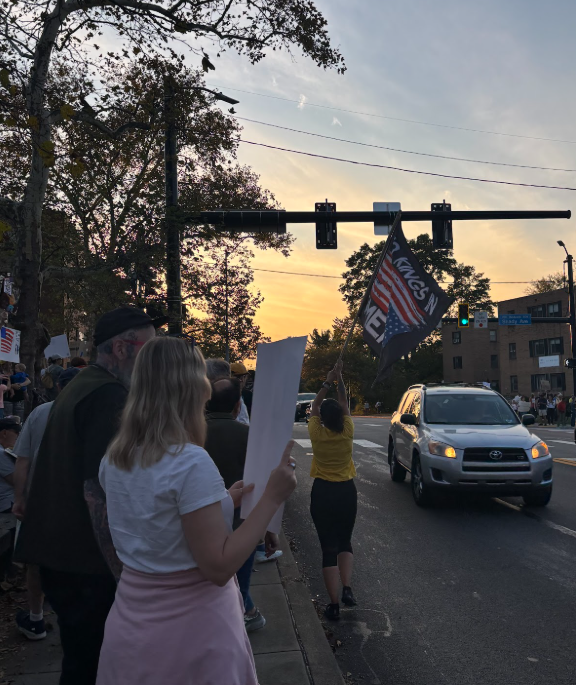
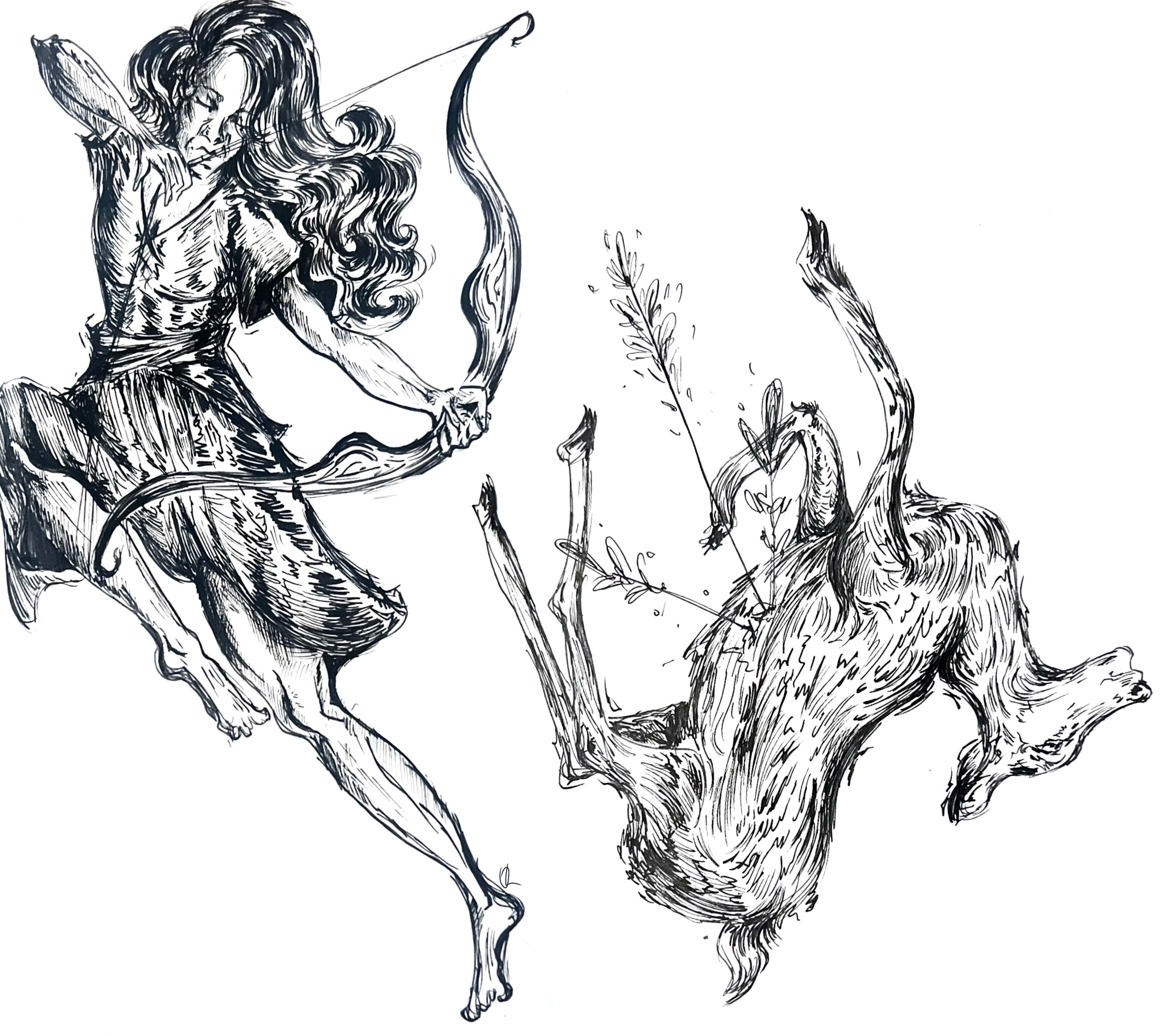
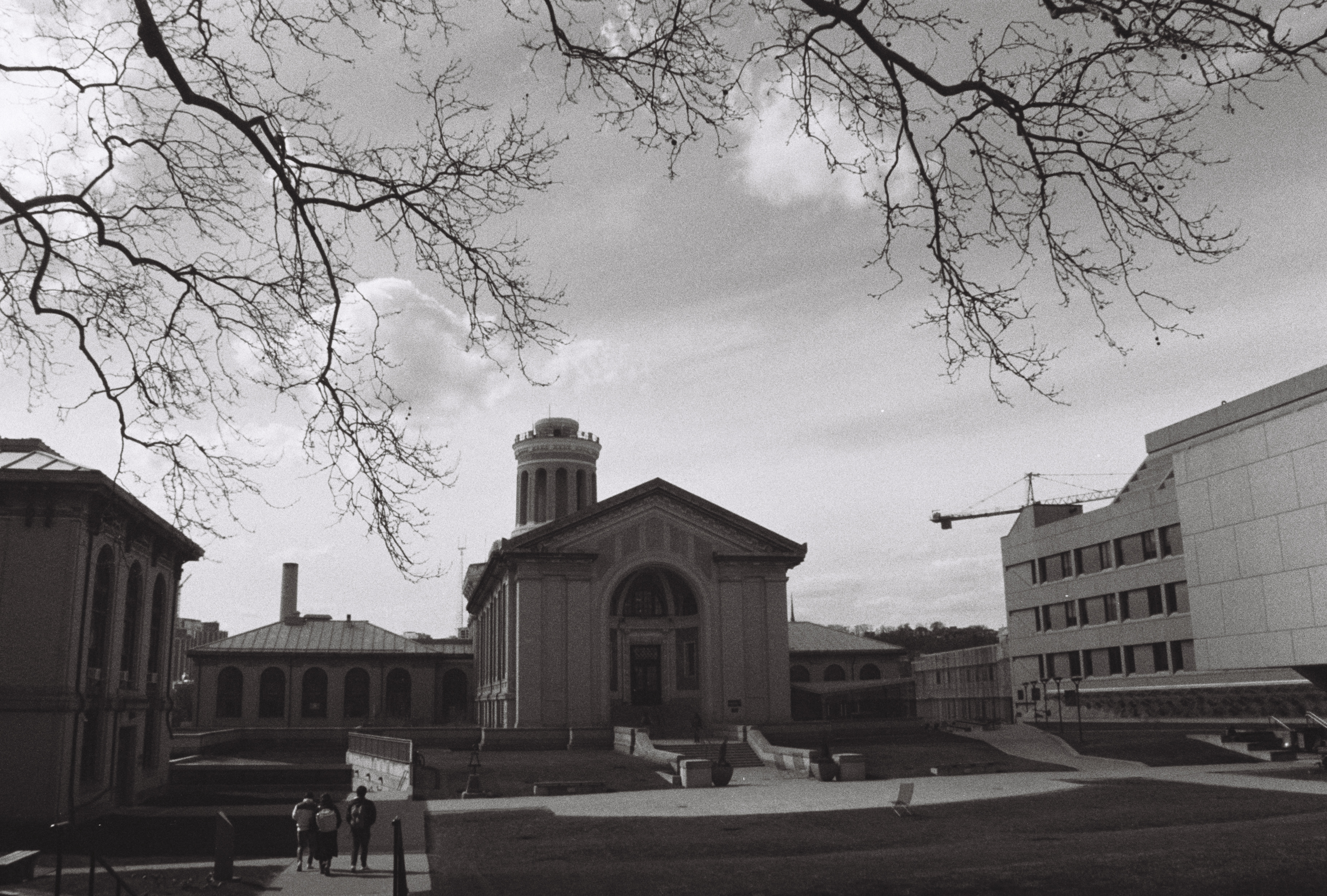
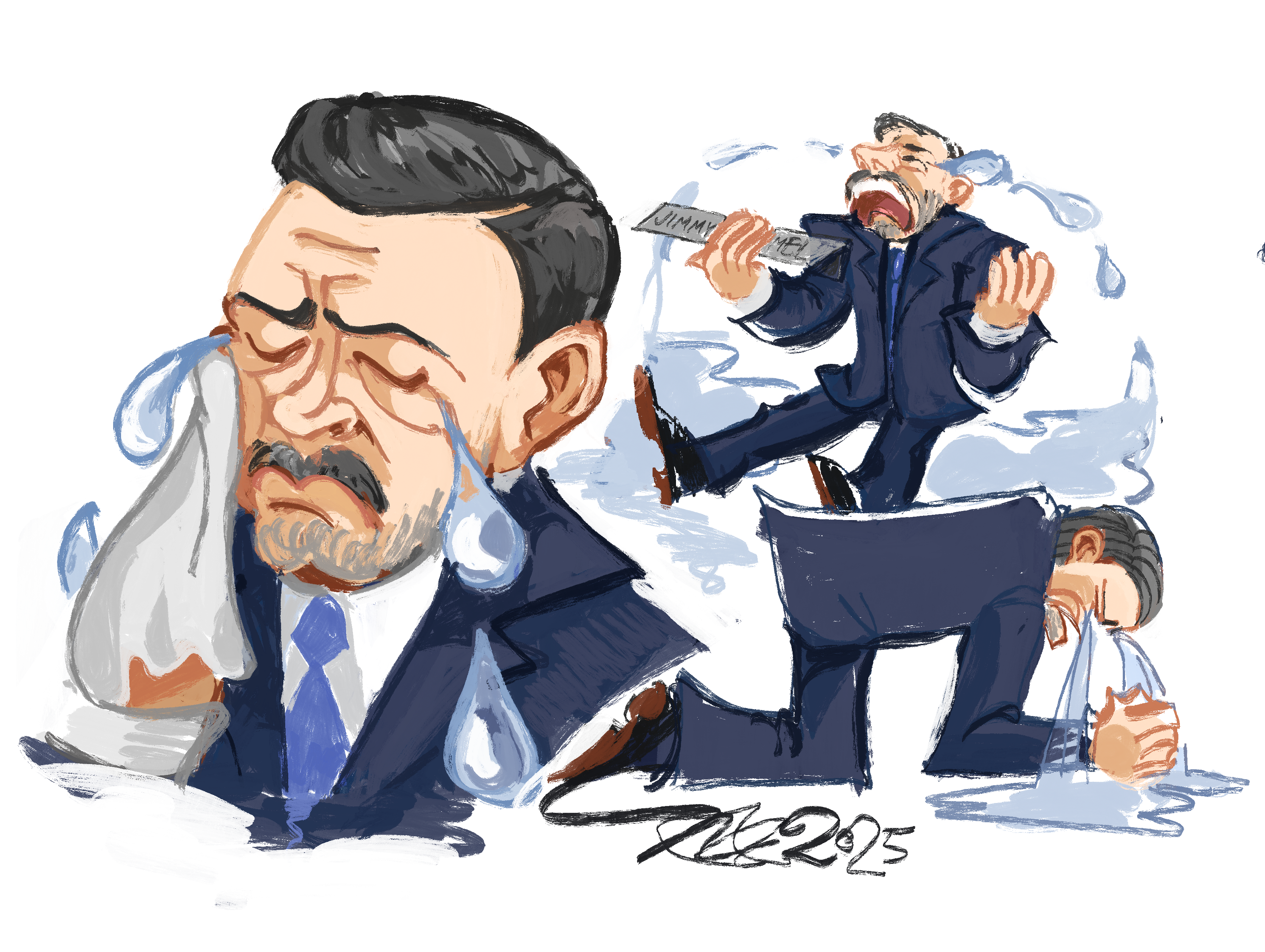
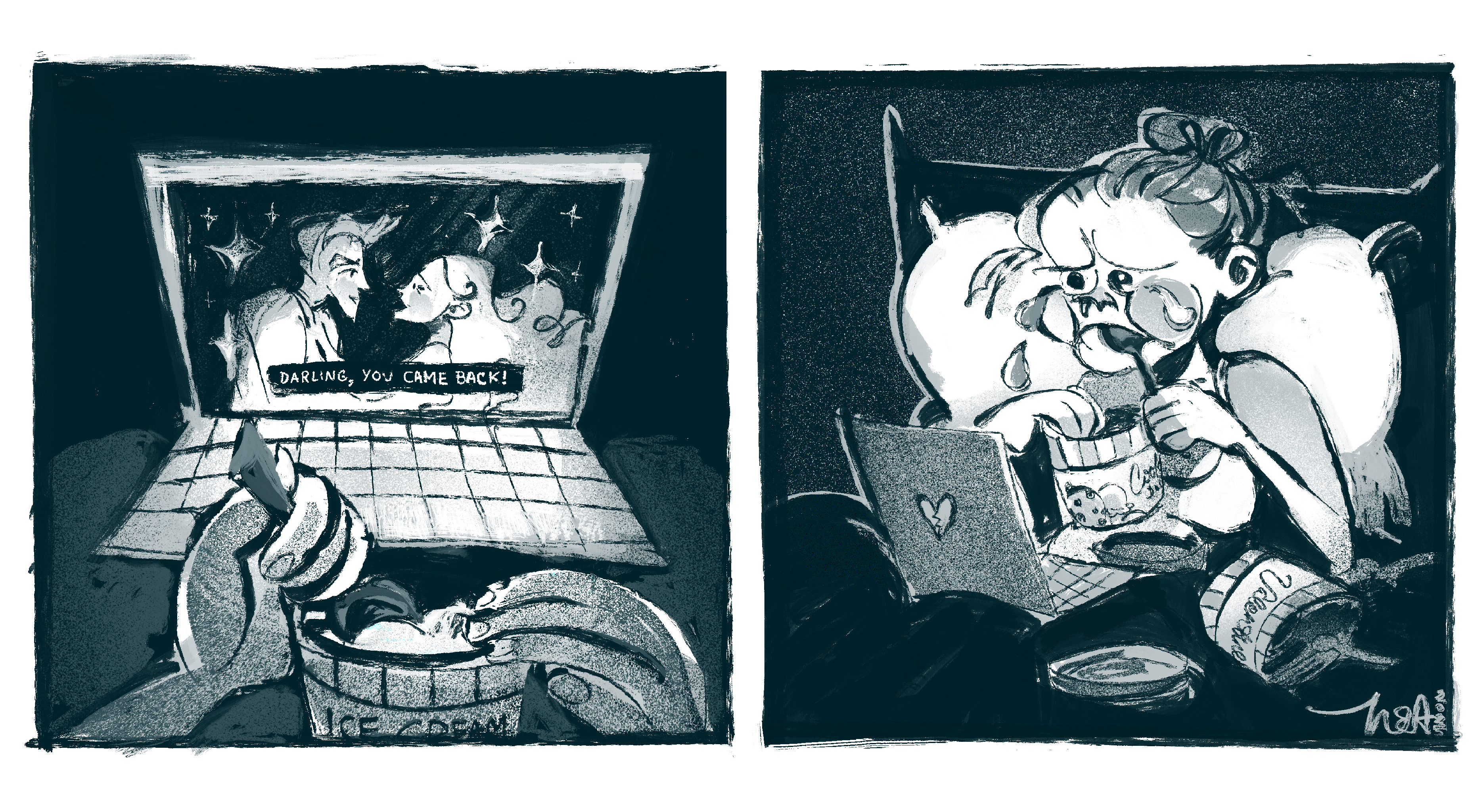
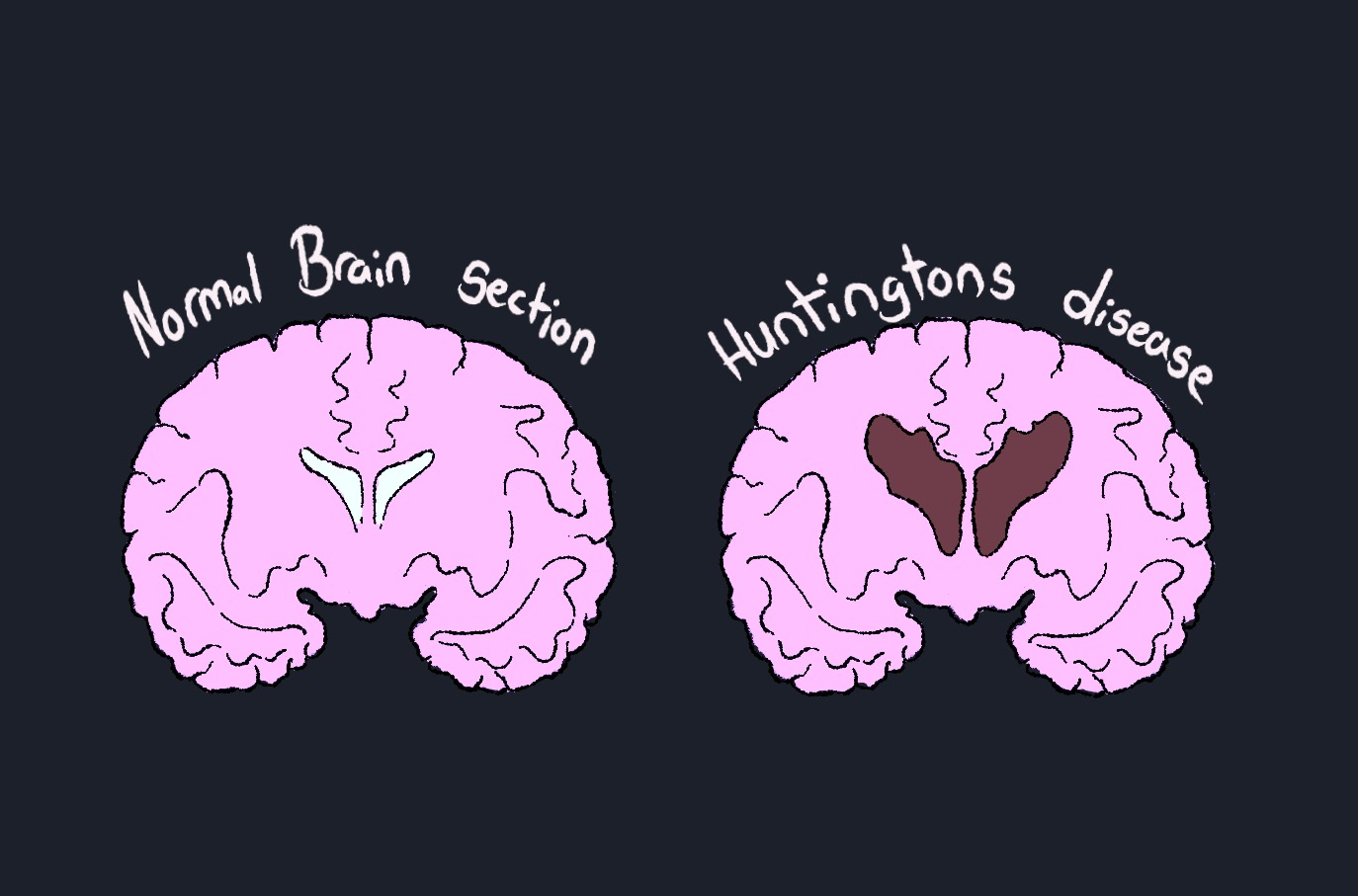
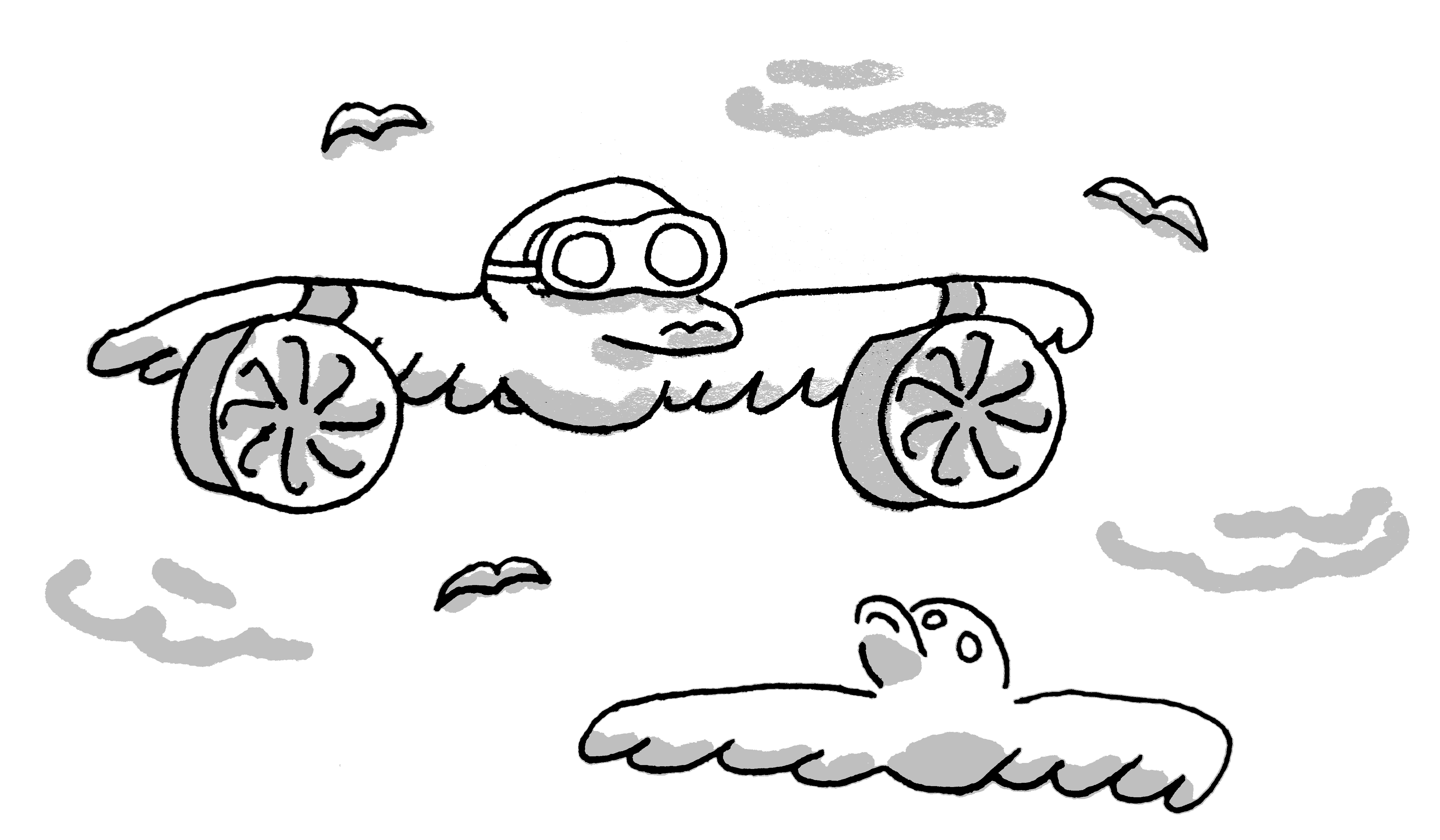
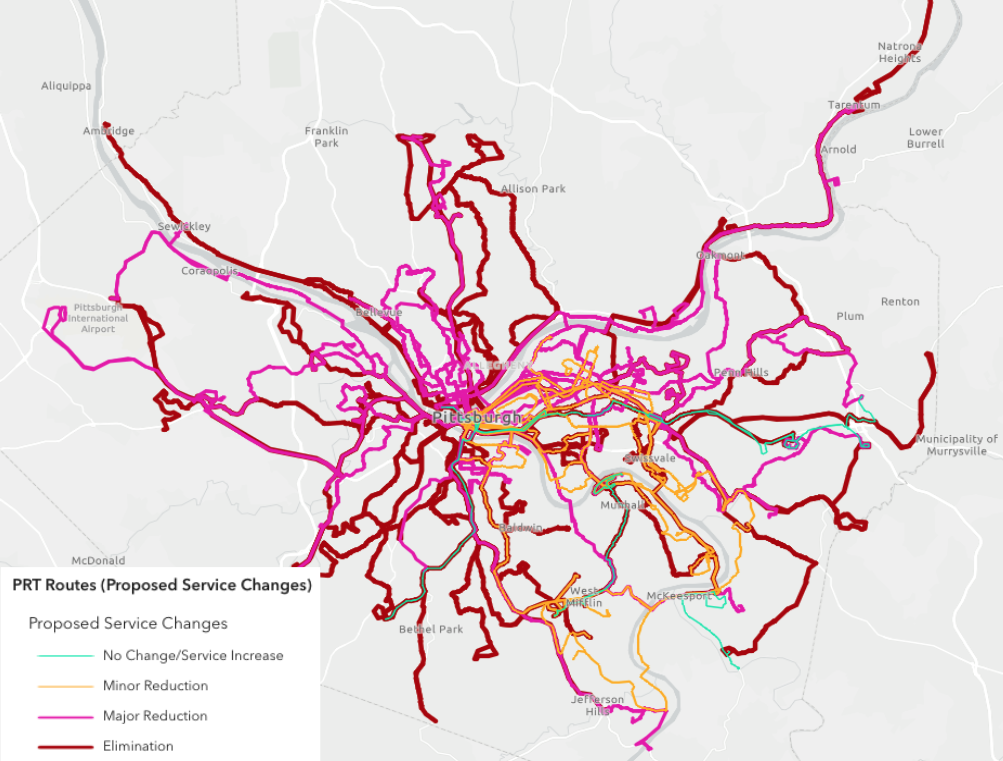
Leave a Reply